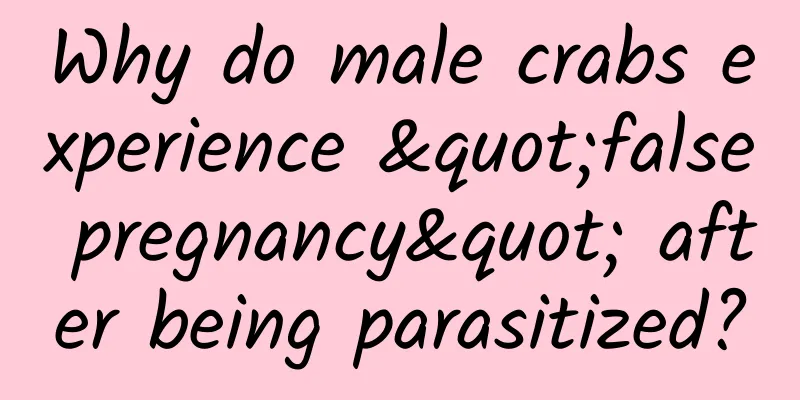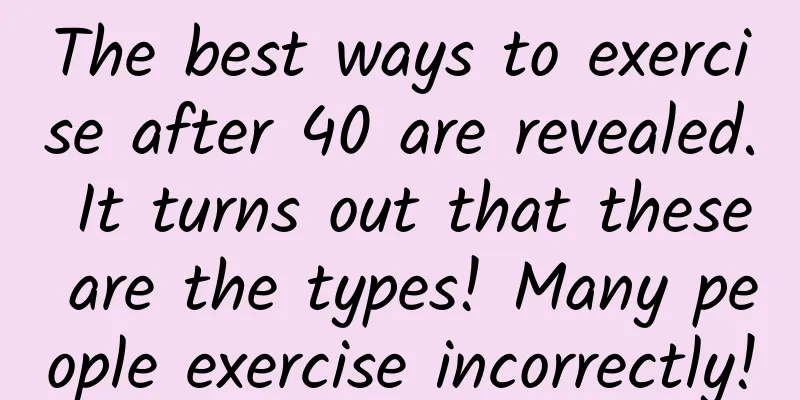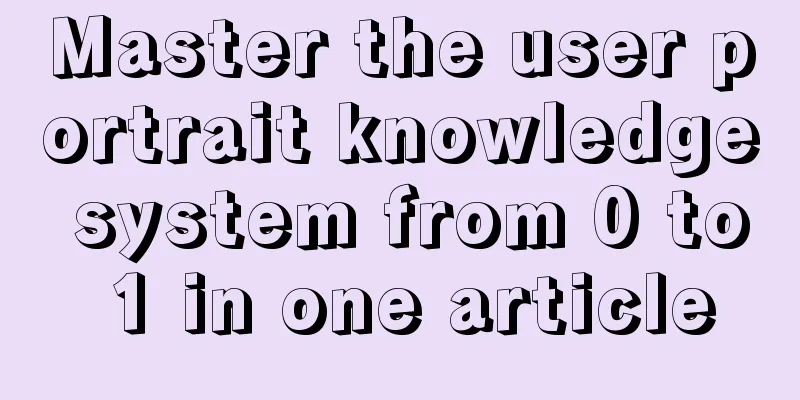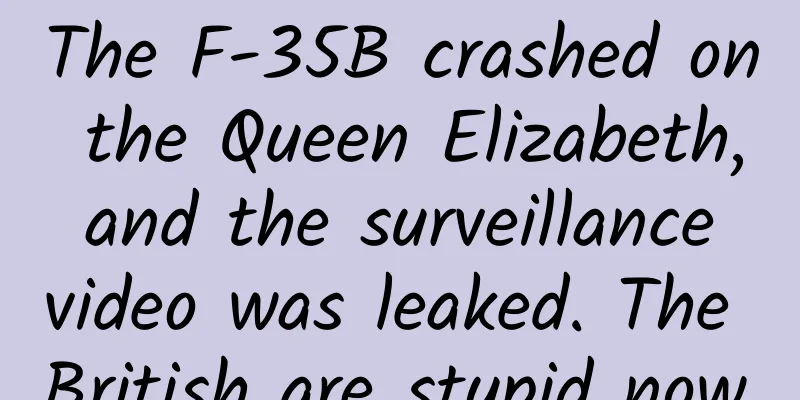Quantum computing accuracy is not high enough? IBM's "error mitigation" technology is expected to solve the problem
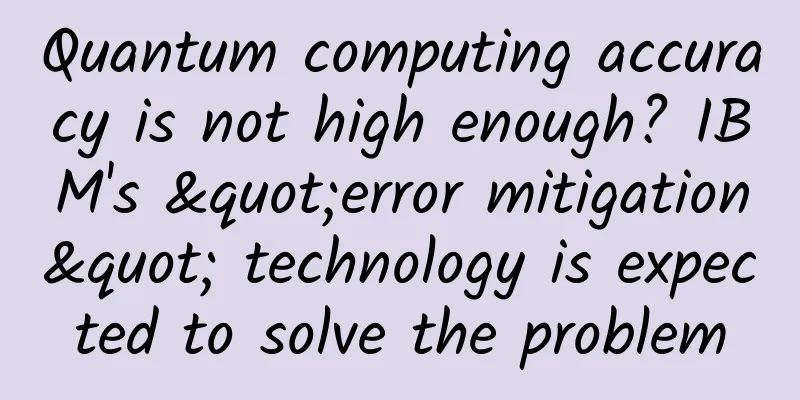
|
In June 2023, IBM Quantum and its collaborators used the "error mitigation" method to accurately obtain the operation results of complex quantum circuits on a 127-qubit processor. Many people believe that this is another milestone in the field of quantum computing. So, what is error mitigation? What has IBM done and what has it not done? At the end of 2022, I was invited by the journal Physics to translate an interview with Gambetta, vice president of IBM's quantum department. At that time, I was shocked by some of Gambetta's remarks. On the one hand, some of the numbers he mentioned, including the decoherence time, which he said had reached 100 milliseconds and would reach 300 milliseconds. I still think the reporter made a mistake; and the two-bit gate fidelity, which has reached 99.9% and will reach 99.99% by the end of 2023. I work on quantum hardware, and these two numbers are enough to make me stand still, and the following content amazed me even more. First, he said, "It will be more important to do things in a smarter way than to pile up indicators." In other words, whether quantum computing can achieve advantages in the future depends not only on continuously improving technical indicators, such as the number of bits, decoherence time, and gate fidelity, but also on thinking about how to expand and engineer from the architectural level, introducing new methods to deal with the inevitable errors of quantum computers, and so on. Secondly, when talking about quantum error correction, he said that they are conducting research on error mitigation methods, building a large number of circuit examples for representative error models, and then sampling the evolution results of these circuits, and using statistical methods to learn the error behavior of the entire quantum system, in order to give an error-free estimate of the quantum circuit. If the accuracy of this error-free estimate continues to approach 1, then wouldn't we have achieved quantum error correction? With this idea in mind, quantum error correction will no longer be a daunting challenge like a carp leaping over a dragon's gate, but a gradual process, like hiking a mountain, a small step, but when the sunset passes, you may already be at the top of the mountain when you look back. Half a year later (June 14, 2023), IBM published a paper in Nature titled "Evidence of the Utility of Pre-Fault-Tolerant Quantum Computing", which instantly caused a great response. 100+ quantum bits, no need for quantum error correction, surpassing classical computing, new milestone, these words all caught the readers' attention. This may really be another highlight moment in the development of quantum computing since Google's "quantum supremacy". After reading the paper carefully, I recalled some of Gambetta's views in the interview, and I was a little focused: Gambetta has clearly expressed the ideas in the paper, and I translated it into Chinese half a year ago to introduce it to domestic readers. At this time, the paper shocked the audience, and everyone just sat up in shock. It turns out that quantum computing can be played like this... In any case, I still hope to interpret this work as calmly as possible with my own professional knowledge. The researchers demonstrated the time evolution of the Trotter expansion of a two-dimensional transverse field Ising model on a 127-bit quantum processor. Through the zero-noise extrapolation error mitigation method, an accurate zero-noise extrapolation estimate of the evolution result can be made. The entire circuit involves 127 quantum bits, up to 60 layers, and a total of 2880 CNOT gates. In the case of strong entanglement, the classical tensor network approximation method can no longer give correct results. In other words, it has exceeded the capabilities of classical brute force simulation. The picture comes from Tuchong.com The paper explains quantum advantage: quantum advantage can be achieved in two steps: first, accurate calculations that exceed the classical brute force simulation capabilities are achieved on existing quantum hardware facilities, and then valuable problems are found on this basis to achieve accurate estimates of quantum circuits related to the problem. The work involved in the paper can be regarded as completing the first step, so strictly speaking, quantum advantage has not been achieved. However, this work is still a step forward compared to Google's "quantum supremacy". It is not because of the larger number of bits, greater circuit depth, and more two-bit gates, but because the random circuit sampling performed by Google at that time gave extremely low fidelity, and this time IBM's work, through error mitigation methods, can accurately give a biased estimate of a complex quantum circuit. This gives a strong expectation for the performance of noisy quantum computers. As long as we take one more step forward and replace the two-dimensional transverse field Ising model evolution circuit used this time with a quantum circuit related to a valuable problem - although this step is still difficult, the quantum advantage will be truly established. So what is this error mitigation method that can turn decay into magic? You should know that with a scale of 100+ bits and 60 layers of circuits, even if the average fidelity of manipulation and reading reaches more than 99%, the probability of getting the correct result is almost zero. IBM used a method called "zero noise extrapolation". Specifically, it uses a certain model to learn system errors. Here, a sparse Pauli-Lindblad model is used. By adjusting the parameters, different noise gains can be achieved. A large number of noise line instances under different gains are sampled and their expected values are calculated. Further, the expected values under different noise gains are used to extrapolate the gain to zero, that is, the expectation when there is no noise. In this way, it is equivalent to inferring the result under error-free conditions. Those who have studied numerical calculations probably know that compared with interpolation, extrapolation is often unreliable, especially when it is far away from the true value point. For this reason, IBM tested two methods, exponential extrapolation and linear extrapolation, and conducted quantum-classical comparison verification with specific cases that can be simulated classically. The results are consistent, which is also the confidence of IBM claiming that this method can give accurate calculation results. In addition, the paper also compared the runtime of quantum computers with the tensor network method. On the one hand, the tensor network can no longer give accurate expected values when dealing with deep circuits. On the other hand, when executing two identical circuits, the tensor network method takes 8 hours and 30 hours to obtain a data point, while the quantum method takes 4 hours and 9.5 hours, respectively. Of these times, the actual running time on the quantum processor is only 5 minutes and 7 seconds, and it can be further significantly reduced by reducing the quantum bit reset time. In other words, there is still a huge room for improvement in the runtime of quantum computers. Of course, error mitigation comes at a price. Zero-noise extrapolation has significantly reduced sampling overhead compared to the previously proposed probabilistic error elimination, and can cope with error mitigation of 100+ complex quantum circuits. However, this overhead still grows exponentially with the increase in the scale of quantum systems. There are still challenges in how to efficiently mitigate errors in larger-scale quantum processors in the future. The successful verification of this method is like a beam of light shining into the era of noisy quantum computing. There is still a lot of work to be done to make quantum computing productive. On the one hand, we need to further improve the performance of quantum hardware. The article mentions that the fidelity of two-bit gates needs to be improved by "orders of magnitude", and the running speed also requires a significant increase; on the other hand, how to further verify the effectiveness of noise mitigation or elimination algorithms for heuristic quantum algorithms that are currently receiving more attention, including quantum chemical calculations, approximate optimization, etc., is also an urgent matter to be studied. Let's go back to Gambetta's interview. When asked when quantum computing will beat classical computing, he said something that I admire. He said that instead of distinguishing between classical and quantum, and opposing the two, and looking forward to a moment when quantum defeats classical, it is better to stand from a more general perspective and unify the two. Computation is calculation. The actual situation is that quantum computing requires a lot of classical computing assistance. The error mitigation method mentioned above is a typical example. What we are really pursuing is the runtime efficiency of solving complex problems. Classical computing assists quantum computing, and quantum computing in turn helps classical computing. The two are originally an indistinguishable unity. We need to look at quantum computing from a higher perspective. This article is a work supported by Science Popularization China Starry Sky Project Author: Jin Yirong Reviewer: Xue Peng (Professor at Beijing Computational Science Research Center) Produced by: China Association for Science and Technology Department of Science Popularization Producer: China Science and Technology Press Co., Ltd., Beijing Zhongke Xinghe Culture Media Co., Ltd. |
>>: AI beats human champion again! This time, in drone racing
Recommend
The "money prospects" of the Internet of Vehicles attract giants to compete for the rapid development of intelligent connected vehicles
Recently, the Ministry of Industry and Informatio...
Without channel traffic tracking and analysis, no matter how much money you spend on APP promotion, it will be in vain!
Local promotion is an effective way for App to ac...
How to increase Valentine’s Day product sales through data analysis?
On Valentine's Day , the heat from the previo...
Originally scheduled for 8 days, it ended up being 9 months! Two American astronauts finally returned to Earth. What changes have occurred in their bodies?
American astronauts Wilmore and Williams, who had...
Interpreting ASP.NET 5 & MVC6 Series (17): Other new features in MVC
(GlobalImport global import function) In the defa...
SNE research: Global power battery installations to exceed 700GWh in 2023, with BYD rank second
According to recent news, global consulting firm ...
Why is this tree's belly so round? Uncovering the "water storage legend" of South African plants
Have you heard of the "water storage legend&...
The "behind-the-scenes promoter" of the accelerated expansion of the universe is slowly pulling back...
Physicists have long assumed that dark energy is ...
Yazun: The beginning of the new year - Taobao and Tmall are planning a new starting point, dismantling industry opportunities from different dimensions
Yazun: The beginning of the new year - Taobao and...
Android P status bar changed to only display 4 notification icons: make way for the notch screen
As Android P adds support for the notch screen, a...
Monkeypox cases have been reported in many countries around the world. Learn some key facts about monkeypox in this article!
Recently, several countries including the United ...
Einstein's brain has 73% more matter than an average person! Scientists reveal the secret of a smart brain
When you mention the word "genius", who...
Science in Poetry | How is time “seen” as the seasons change?
Long Song 〔Han〕Han Yuefu The green sunflowers in ...
Why does Foxconn want to strangle Samsung?
According to Korean media reports, Sharp notified...
KOL usage guide: 6 practical marketing experiences!
Where there are people, there is the world; where...
